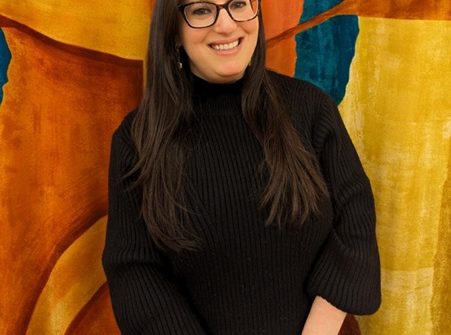We all know the story of creation: the seven days, which may or may not follow an evolutionary pattern, to create the world as we know it. I have read it so many times, but far too often take it for granted, because it is such a well-known narrative.
It was only over the past few months, while training with Boston’s Mayyim Hayyim as a mikveh guide, that I reread Genesis 1:9-10. “God said, ‘Let the water below the sky be gathered into one area, that the dry land may appear.’ And it was so.” (Genesis 1:9). I realised this gathering of water into one area is called a mikveh – meaning a gathering of water.



